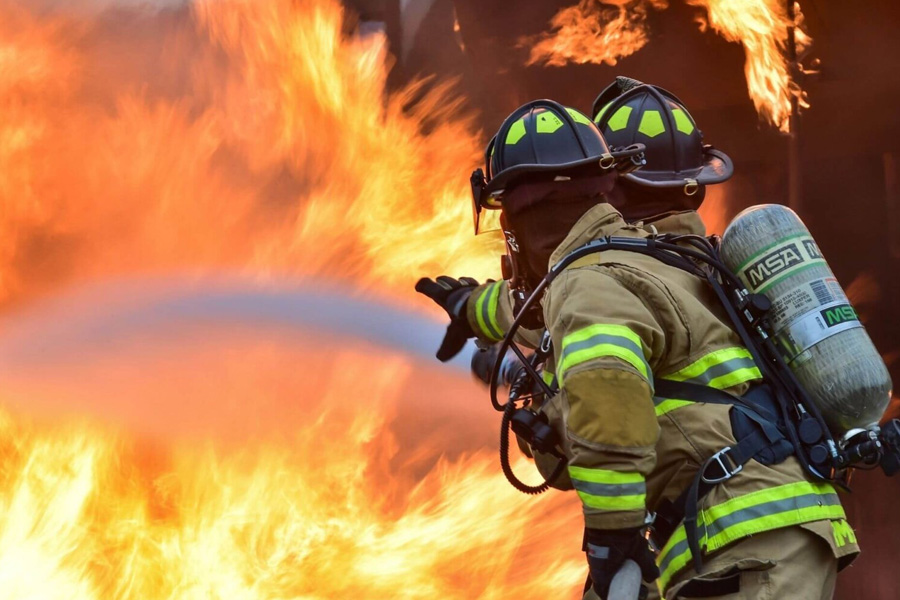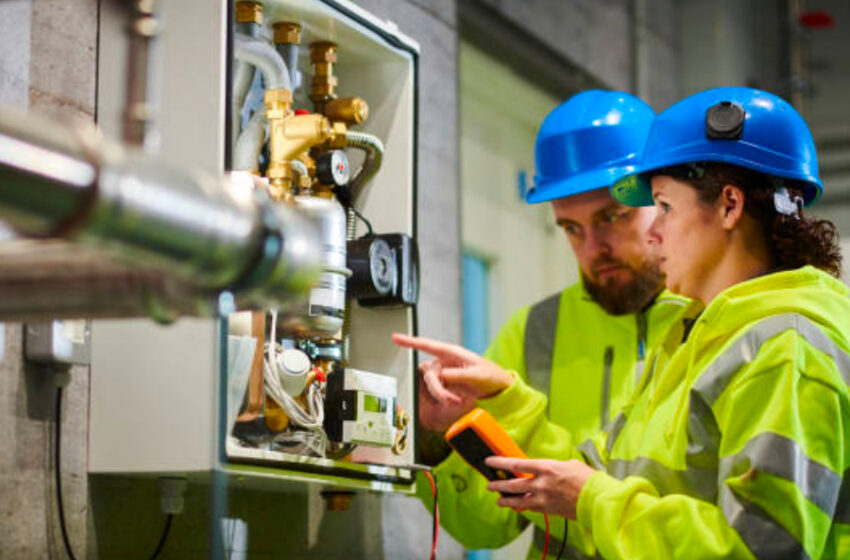Takeaways
- Fire safety inspectors play a critical role in enforcing building codes and reducing fire risks.
- Specialized training and certification programs ensure inspectors are well-equipped to maintain safety standards.
- Continuous education and innovation in fire safety technologies enhance the effectiveness of inspection processes.
Florida’s rapid construction growth requires skilled fire safety inspectors to maintain community safety. These inspectors play a critical role in enforcing building codes and fire prevention measures. By mitigating fire hazards, they protect lives and property in commercial and residential areas. Fire prevention officers collaborate with builders and communities to ensure safety compliance. Their efforts contribute to a safer and more resilient environment for everyone.
Understanding Fire Safety Inspection and Prevention
Fire safety inspections identify risks and enforce measures to prevent fire-related incidents. Inspectors assess buildings for hazards, ensuring adherence to fire codes and regulations. Prevention strategies include proper fire extinguisher placement, alarm systems, and safe evacuation routes. Effective inspections address specific risks for various building types, like high-rise apartments or warehouses. Their work ensures safer living and working conditions for all occupants.
Building Codes: The Foundation of Fire Safety
The Florida Fire Prevention Code sets essential safety standards for all building types. It combines the latest fire safety research and practical enforcement measures. Inspectors apply these codes to ensure buildings meet required safety thresholds. Updated codes address new construction technologies, ensuring continuous protection against emerging risks. Strong building codes serve as a backbone for effective fire safety strategies.
Training and Certification for Fire Inspectors
Firefighter training opens pathways to specialized roles in inspection and prevention. Certification as a Fire Safety Inspector requires focused coursework and hands-on practice. Fire Inspector certification online offers accessible training options for aspiring inspectors. Training includes fire prevention practices, building construction related to the fire service, and code enforcement fundamentals. Aspiring inspectors in Florida can benefit from Florida fire inspector classes, which provide in-depth preparation for certification. Trainees gain practical skills for identifying hazards and ensuring compliance. Rigorous education ensures inspectors can perform their roles with confidence and expertise.
Fire Prevention Officers: Roles and Responsibilities
Fire prevention officers inspect properties and enforce fire safety codes. They work closely with property owners, local governments, and construction professionals. Officers ensure that fire alarms, sprinklers, and emergency exits meet required standards. Their proactive measures reduce fire risks and enhance community safety. Collaboration and communication are vital to their success in maintaining compliance.
Inspection Processes and Compliance
Fire safety inspections follow a clear, step-by-step process to assess compliance. Inspectors examine fire alarms, sprinkler systems, and building materials for adherence to codes. Advanced tools like thermal imaging help identify hidden hazards efficiently. Compliance challenges often arise from outdated systems or building modifications. Inspectors provide clear guidance to resolve violations and improve safety.
Impact of Rapid Construction Growth on Fire Safety
Florida’s construction boom creates unique challenges for fire safety enforcement. Increased demand requires more inspections and thorough reviews to uphold standards. New developments often involve complex structures requiring specialized safety considerations. Inspectors balance growing workloads with maintaining high-quality evaluations. Their vigilance ensures safety remains a priority in expanding urban areas.
Data and Trends in Fire Safety Inspections
Annual data reveals the importance of consistent inspections in reducing fire incidents. Statistics highlight common violations, such as blocked exits or non-functional alarms. Data analysis informs policy updates to address emerging safety concerns. By studying trends, inspectors and policymakers improve strategies to mitigate risks. Transparency in reporting fosters community trust and engagement.
Innovations and Future Trends in Fire Safety
Emerging technologies revolutionize fire safety, from advanced detection systems to smart building features. Inspectors utilize these tools to enhance precision and efficiency during evaluations. Innovations like AI-driven analytics offer deeper insights into fire risk management. Trends show increased adoption of green technologies in fire-resistant materials. Online fire officer classes provide opportunities for professionals to stay updated on emerging safety practices. These advancements shape a safer, more innovative future for building safety.
FAQ: Common Questions About Fire Inspection Roles
What qualifications are required to become a fire inspector in Florida?
Becoming a fire inspector requires completing specialized training and earning certification. This ensures inspectors possess the necessary skills to assess and enforce fire safety.
How do fire inspectors ensure compliance with building codes?
Inspectors conduct thorough evaluations, identify violations, and recommend corrective actions. They work closely with property owners to address safety issues effectively.
What are the most common violations identified during fire inspections?
Common violations include blocked emergency exits, outdated alarm systems, and improper storage of flammable materials. Inspectors address these issues to prevent fire-related risks.
The Ongoing Role of Fire Safety in Community Well-being
Fire safety inspectors protect communities by enforcing critical safety measures in all building types. Their work adapts to challenges like rapid construction and evolving fire risks. Continuous education ensures they remain equipped to address emerging safety concerns. Fire prevention careers offer meaningful opportunities to safeguard lives and property. Communities thrive when safety standards are upheld through diligent inspection and prevention efforts.
References
The University of Connecticut’s Fire Marshal and Building Inspector’s office provides detailed information on code compliance and inspection processes, ensuring safety standards are met across campus facilities.
Building Codes, Standards, and Regulations: Frequently Asked Questions
This report by the Congressional Research Service offers comprehensive answers to common questions about building codes, standards, and regulations, highlighting their importance in construction and safety.
Fire Prevention & Building Safety
The Illinois Office of the State Fire Marshal outlines its role in conducting building inspections for compliance with fire safety codes, focusing on various occupancies to ensure public safety.




